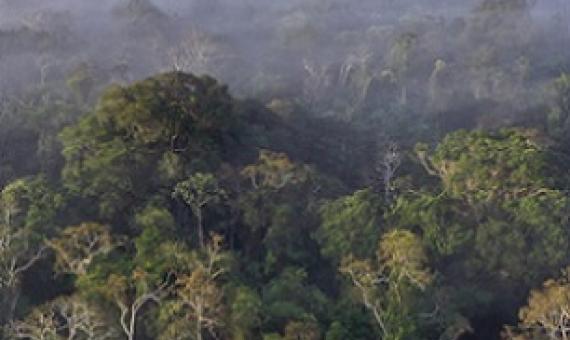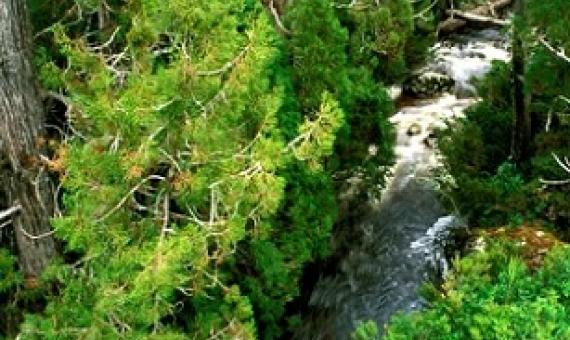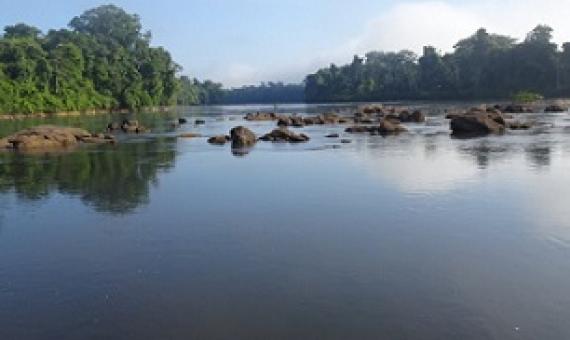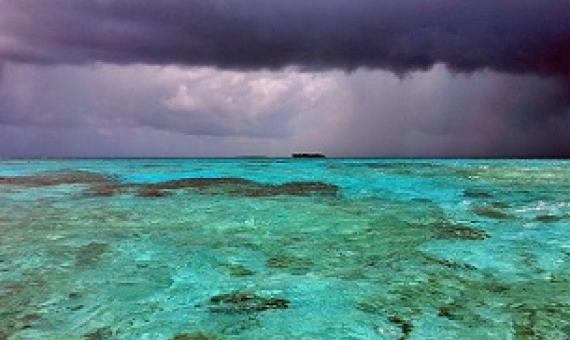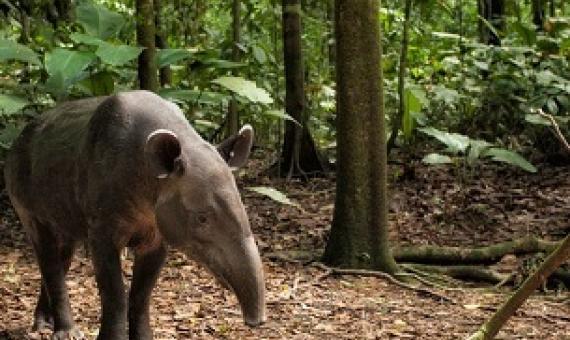Communities living close to hard-bottomed shallow shore are more likely to catch animals for seafood consumption in the rough season when other types of fishing often aren’t possible, a new study has found...The authors say that understanding the interactions between people and coastal ecosystems
A pair of recent studies show that rising temperatures are shortening the lives of trees in tropical forests and reducing their capacity to absorb carbon dioxide from the atmosphere...Forests play a major role in fighting global warming, but the authors of the recent studies say we shouldn’t be o
Leading scientists working across Australia and Antarctica have described 19 ecosystems that are collapsing due to the impact of humans and warned urgent action is required to prevent their complete loss.
A team of researchers from several institutions in France and China has conducted a decade-long study of the degree of human impact on river systems around the world over the past two centuries.
The first global-scale assessment of the role ecosystems play in providing sanitation finds that nature provides at least 18% of sanitation services in 48 cities worldwide, according to researchers in the United Kingdom and India.
Rising ocean temperatures and ocean acidification could have negative cumulative effects that slow the growth of tropical coral reefs, according to a UCLA-led study published in early January.
According to a new study published by scientists at UC-Santa Barbara and the California Department of Fish and Wildlife, MPAs, while unpopular in many commercial fishing circles because they prohibit fishing and harvest within their boundaries, have an overall positive benefit on region
In coming decades as coastal communities around the world are expected to encounter sea-level rise, the general expectation has been that people's migration toward the coast will slow or reverse in many places.
Wildlife trafficking is having a profound negative impact on biodiversity, a new analysis finds.
If animals were free to breed and roam without the impedance of human manipulations—from our urban developments to our agricultural fields—the face of the Earth would look very different...In an article published in Ecological Indicators, the authors suggest understanding a species’


